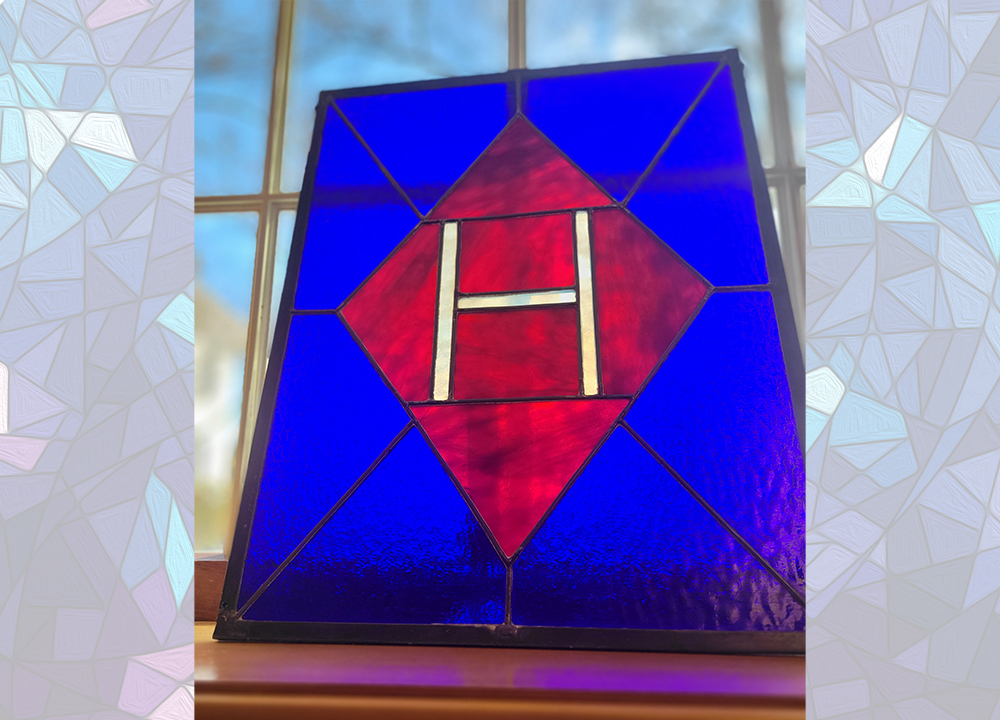A new graphic biography about physicist Richard Feynman has just been published. I don’t have particular “heroes,” but I have always wished I could emulate Feynman’s wisdom, wit and mellow attitude about the physical world. So, I have been looking forward to the completion of this work by writer Jim Ottaviani and illustrator Leland Myrick.
The book is being billed by some as a “graphic novel” and I acknowledge that for many people, graphic novel is synonymous with “comic book.” But, I am a bit old school on this: For me, a graphic novel is what Lynd Ward, Frans Masereel and similar artist–storytellers do (did?), and at the other end of the spectrum are pop/pulp comic books. I have no craving love of the comics idiom, but I get that many adults and teens do enjoy them immensely. And, I have known several cartoonists, pre- and post-computer era, and can appreciate the artistry and technique that goes into comics, so I am not trying to disparage comics, per se.
But, except for extreme cases, such as Ward et al, I tend to think use of the term graphic novel should be an appellation that is earned based on both strong story and compelling graphics, not something that is a self-proclaimed label. (Ironically, the term can also backfire suggesting a warning: Comic-heads, beware. Serious storyline ahead.)
Among more modern publications, I think the work of Art Spiegelman (Maus) and often R. Crumb (Book of Genesis) show how the comics template can find synergy with a story that results in a final product that is far superior than words alone. So, sometimes the shoe fits.
Thus, I give credit to the author–artist team of Jim Ottaviani and Leland Myrick for self-labeling their work a “comic” and leaving it up to readers and critics to bless it with other labels. Ottaviani has been creating comics about science and scientists via a project called G.T. Labs and has covered subjects that range from the Moon Race and magicians to archeologists and “atom bomb-era” politicians and physicists. The only one of these I have actually read is Fallout (2001) and I remember thinking it was quite good.
I haven’t had a chance to read Feynman yet, but G.T. Labs provides a nice size excerpt (large pdf) that I plan on looking at tonight. Check it out.
CTT Categories
- Education
Related Posts
Sports-quality ice: From pond side to precision Olympic engineering
February 12, 2026
Ohio Creativity Trail: Heisey Glass Museum
January 13, 2026


